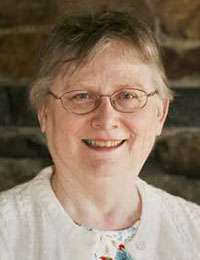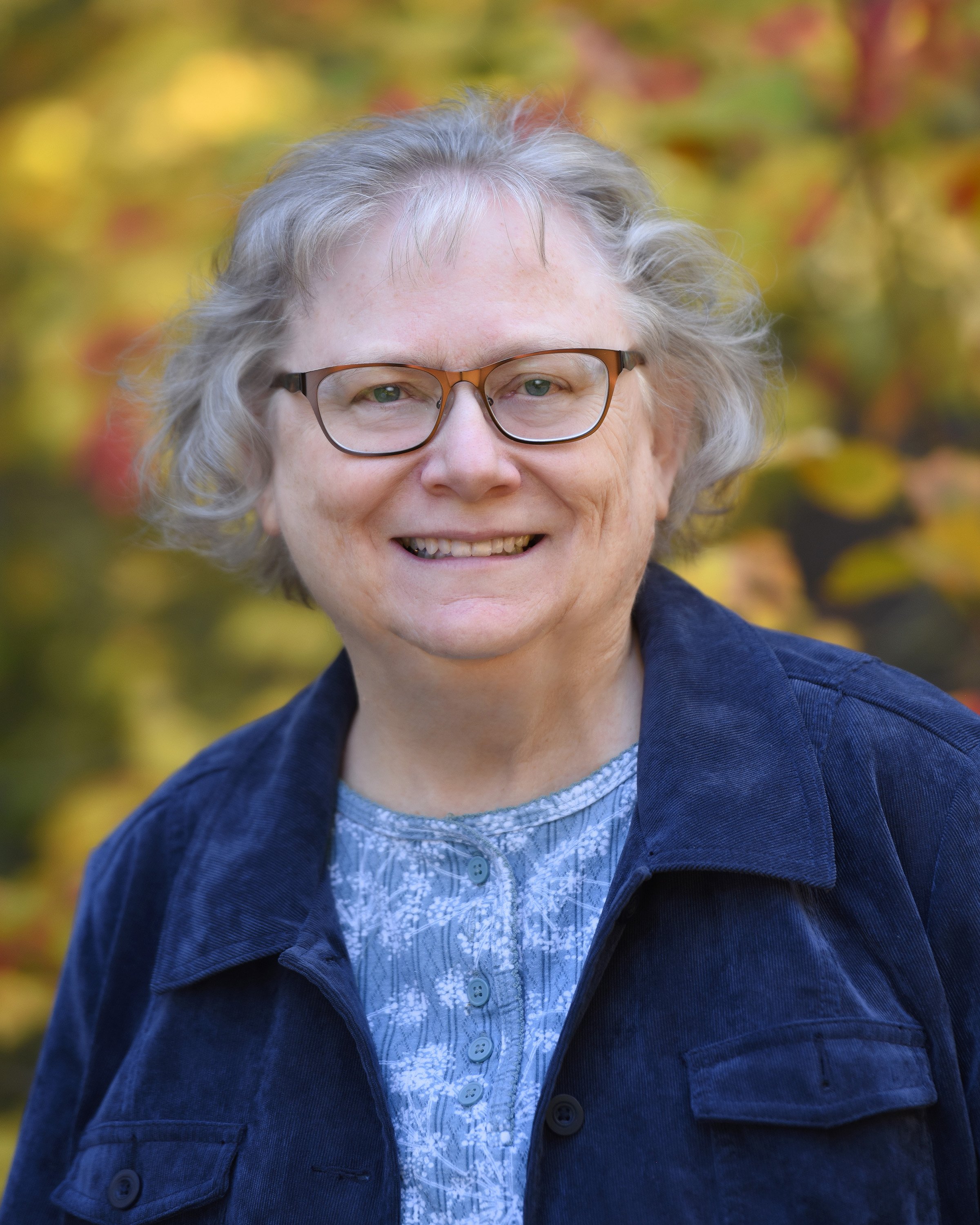 A new database on AmericanAncestors that you might not think to look at is Gov. John Winthrop Papers, Vol. 1–5, 1557 to 1649. These five volumes were originally published by the Massachusetts Historical Society between 1929 and 1947. (The sixth volume, published in 1992, is still under copyright restrictions.) This collection is different from that known as the “Winthrop Journal,” published in 1853, although that also includes some correspondence.[1] Winthrop Papers contains correspondence of members of the extended Winthrop family, including the governor’s father, Adam Winthrop, and his son John Winthrop, the Younger.
The two John Winthrops, as colonial governors, exchanged letters with all of the important founders of New England – Roger Williams, Sir Ferdinando Gorges, William Bradford, John Endicott, Samuel Maverick, and many more – and their collected correspondence serves as a sort of “executive summary” of the history of New England during that time.
A new database on AmericanAncestors that you might not think to look at is Gov. John Winthrop Papers, Vol. 1–5, 1557 to 1649. These five volumes were originally published by the Massachusetts Historical Society between 1929 and 1947. (The sixth volume, published in 1992, is still under copyright restrictions.) This collection is different from that known as the “Winthrop Journal,” published in 1853, although that also includes some correspondence.[1] Winthrop Papers contains correspondence of members of the extended Winthrop family, including the governor’s father, Adam Winthrop, and his son John Winthrop, the Younger.
The two John Winthrops, as colonial governors, exchanged letters with all of the important founders of New England – Roger Williams, Sir Ferdinando Gorges, William Bradford, John Endicott, Samuel Maverick, and many more – and their collected correspondence serves as a sort of “executive summary” of the history of New England during that time.
The first volume of Winthrop Papers covers the years 1498–1628 and the second volume deals with 1623–1630, culminating with the settlement at Boston by the passengers in the Winthrop Fleet. These first two volumes also include chronologically matched transcriptions from the Journal, which were not continued in succeeding volumes. Volume Three covers the years 1631–1637, Volume Four 1638–1644, and Volume Five brings the series to Gov. Winthrop’s death in 1649.
The database is, of course, searchable, but you may not find mention of many of your own ancestors in it. Nevertheless, the opportunity to browse through and read volumes we might not otherwise come across gives us a great opportunity to add to our understanding of the times in which our ancestors lived, whether or not they moved in the company of those who had power and influence. Yes, reading the elaborate seventeenth-century language and keeping track of all the people and events is challenging, but challenges are good.
The Winthrop family by itself is worthy of Masterpiece Theatre treatment.[2] Gov. John Winthrop had sixteen children by four wives – eight of whom probably died as infants. His second son, Henry Winthrop, was an underachiever who at the age of 22 managed to accidentally drown on his first day in the New World. Eldest son John Winthrop, the Younger, was an overachiever, who studied alchemy, practiced medicine, and became a governor, himself (of the Connecticut Colony). His daughter-in-law, Elizabeth (Fones) (Winthrop) (Feake) Hallett, wife of son Henry and sister of son John’s first wife, Martha Fones, became the infamous “Winthrop Woman” for divorcing her deranged second husband for the man who, eventually, became her third husband.
Third son Forth Winthrop (named for his mother’s family) refused to go back to college to study religion, then died at the age of 20. Daughter Mary married Samuel Dudley (son of Governor Thomas Dudley), who had sixteen children by three wives! And those are just the Winthrop children who have been treated in the Early New England Families Study Project thus far. There are still three more Winthrop brothers to be done – Stephen, Adam, and Deane.
A caution: if you have a curious mind, you will inevitably find yourself deep into researching all of the people, places, and events mentioned in Winthrop Papers. Enjoy.
Notes
[1] John Winthrop, The History of New England from 1630 to 1649, ed. by James Savage, 2 vols. (Boston, 1853).
[2] Suggested reading: Richard Dunn, Puritans and Yankees: the Winthrop Dynasty of New England, 1630–1717 (Princeton, N.J.: Princeton University Press, 1962).
Share this:

About Alicia Crane Williams
Alicia Crane Williams, FASG, Lead Genealogist of Early Families of New England Study Project, has compiled and edited numerous important genealogical publications including The Mayflower Descendant and the Alden Family “Silver Book” Five Generations project of the Mayflower Society. Most recently, she is the author of the 2017 edition of The Babson Genealogy, 1606-2017, Descendants of Thomas and Isabel Babson who first arrived in Salem, Massachusetts, in 1637. Alicia has served as Historian of the Massachusetts Society of Mayflower Descendants, Assistant Historian General at the General Society of Mayflower Descendants, and as Genealogist of the Alden Kindred of America. She earned a bachelor’s degree from the University of Connecticut and a master’s degree in History from Northeastern University.View all posts by Alicia Crane Williams →